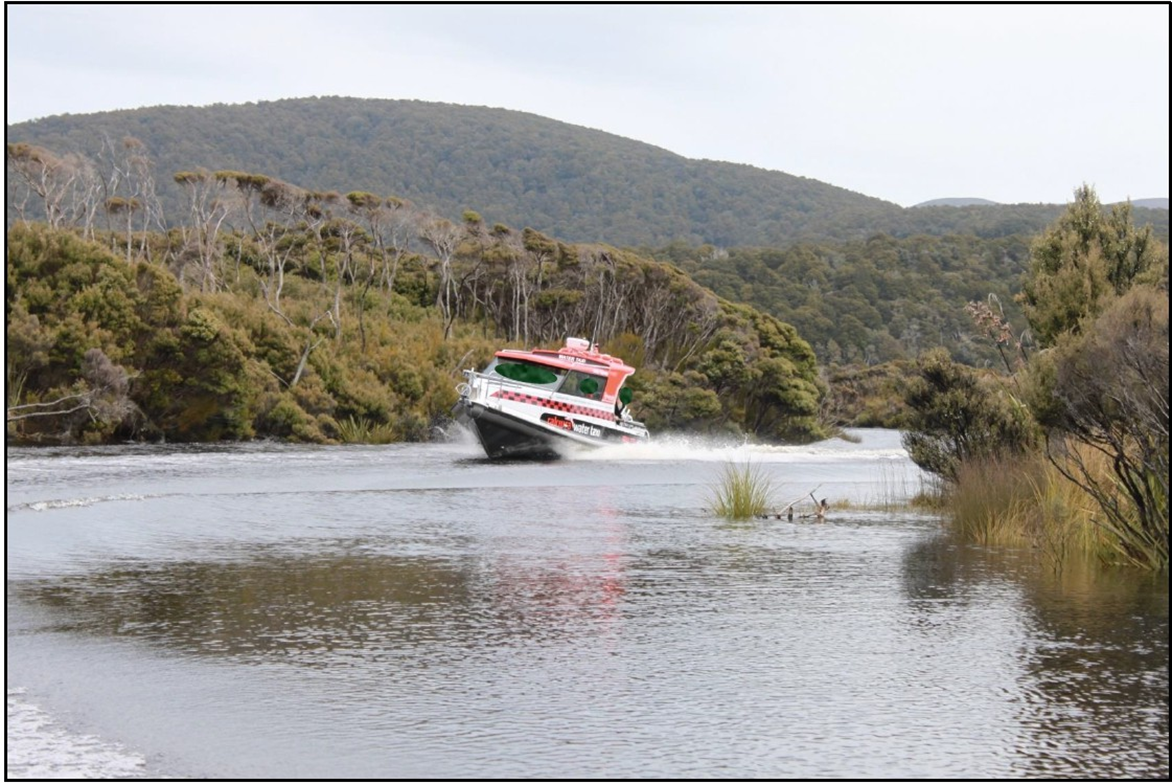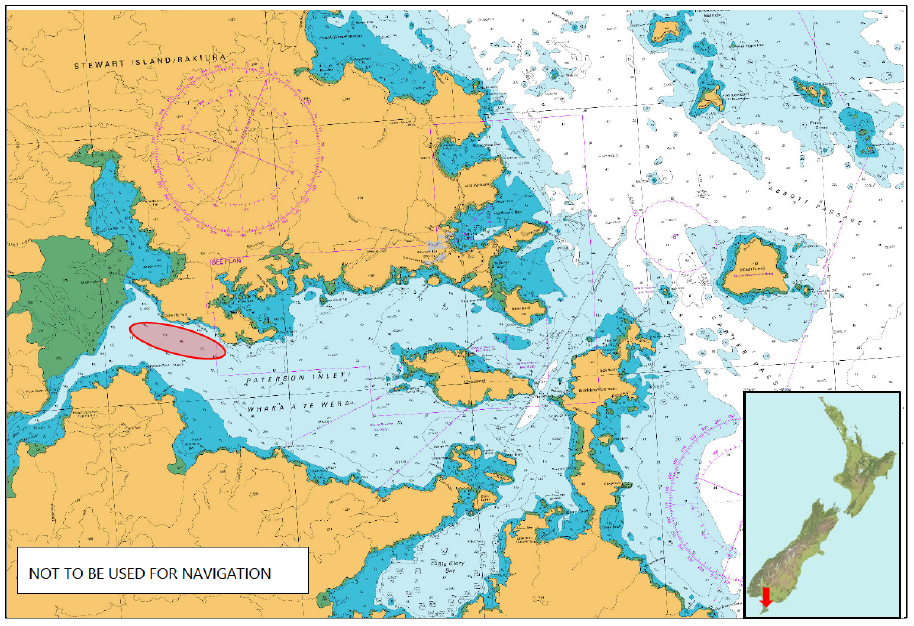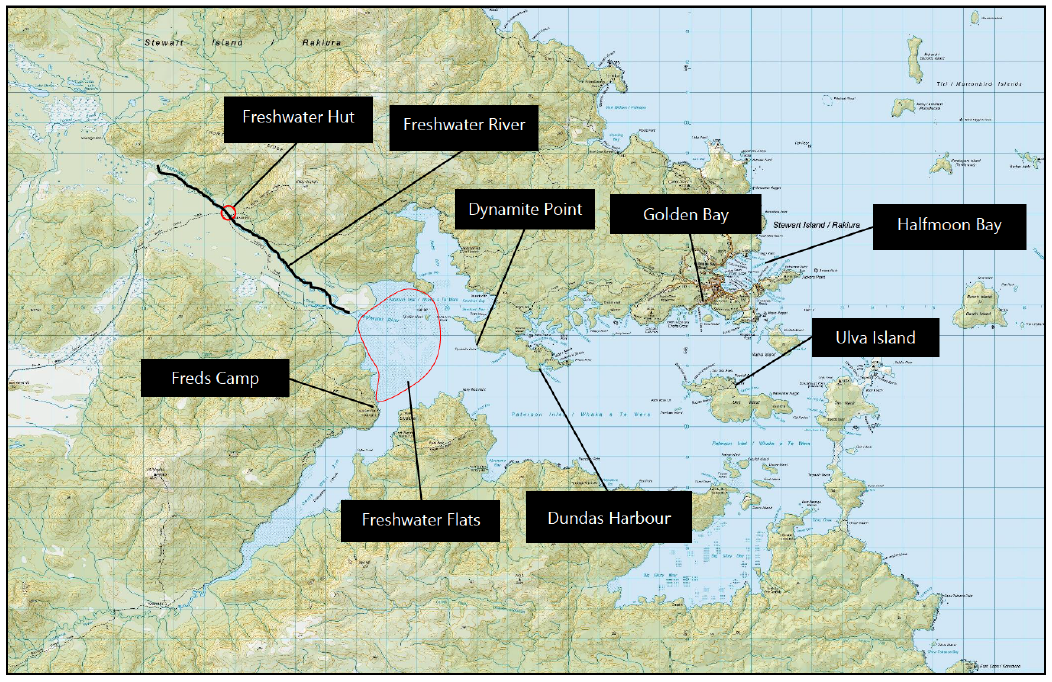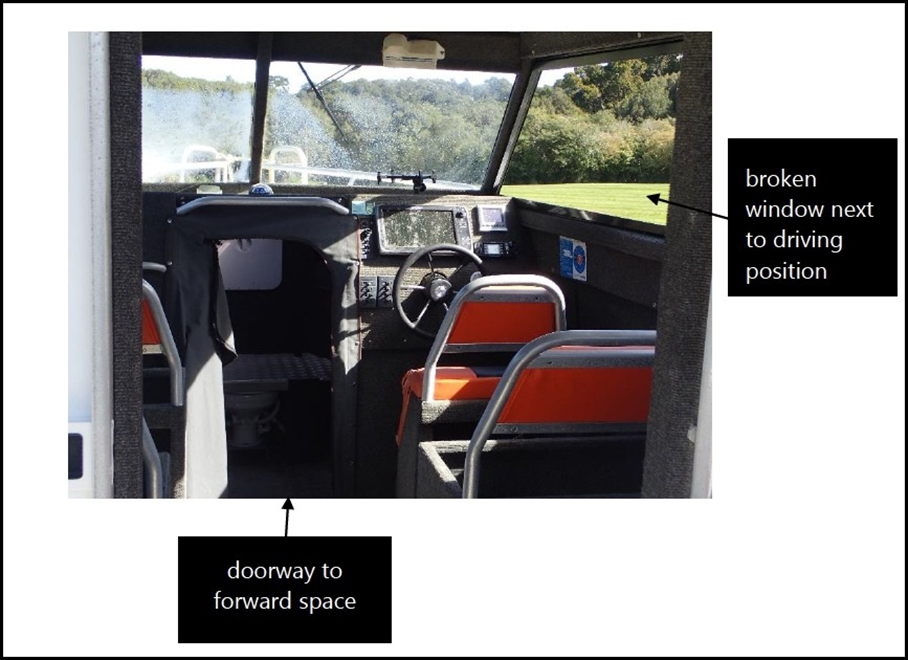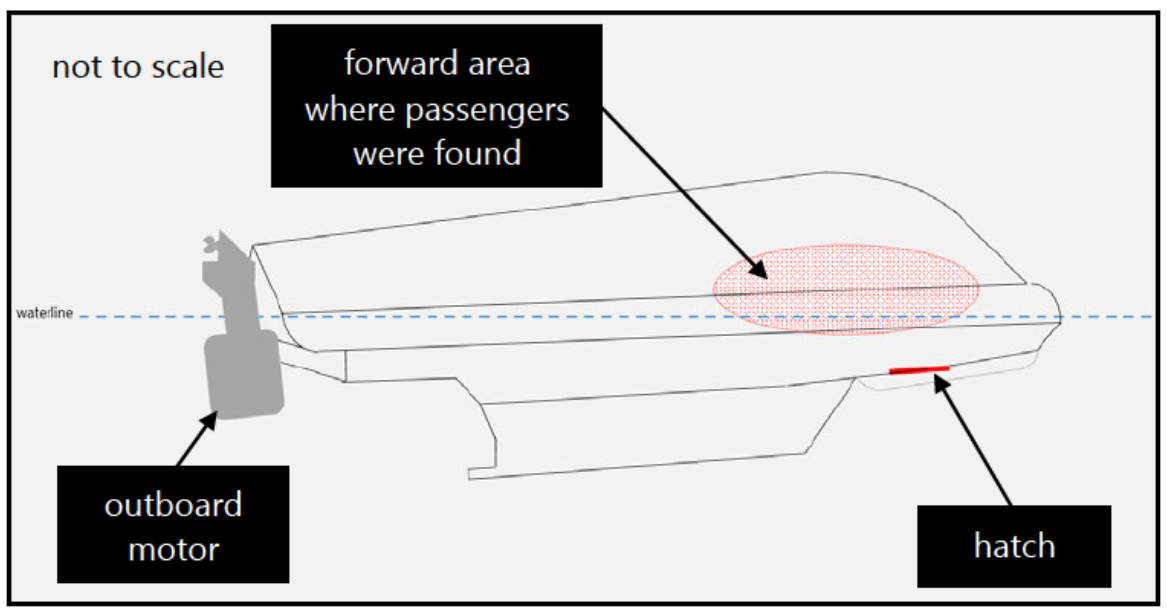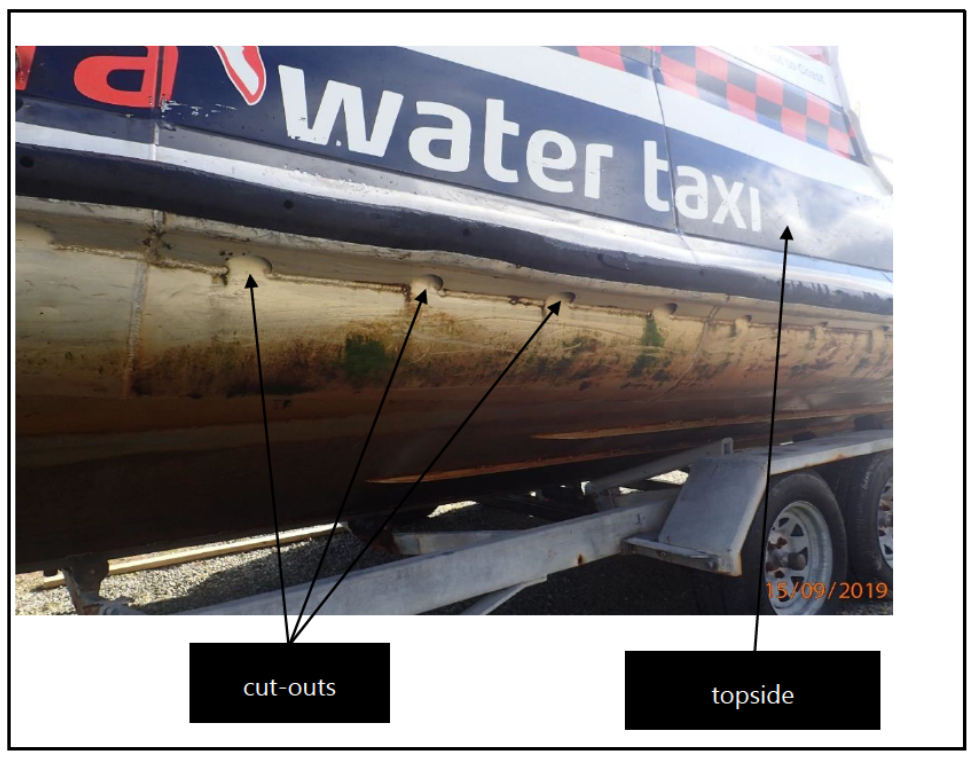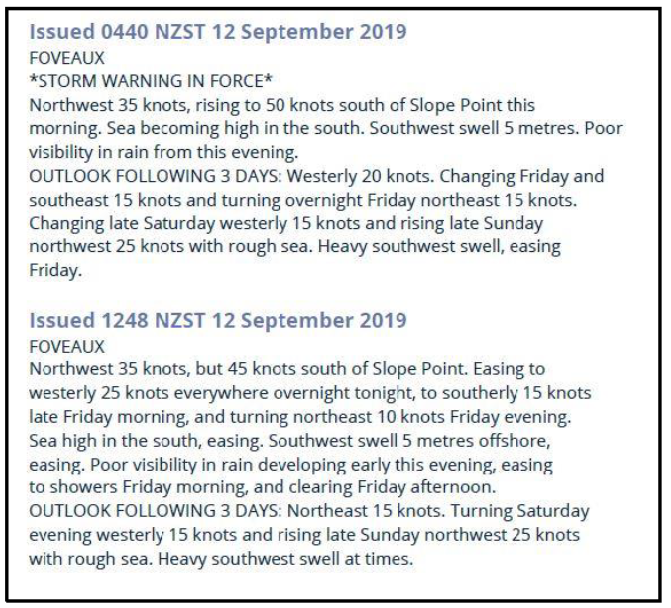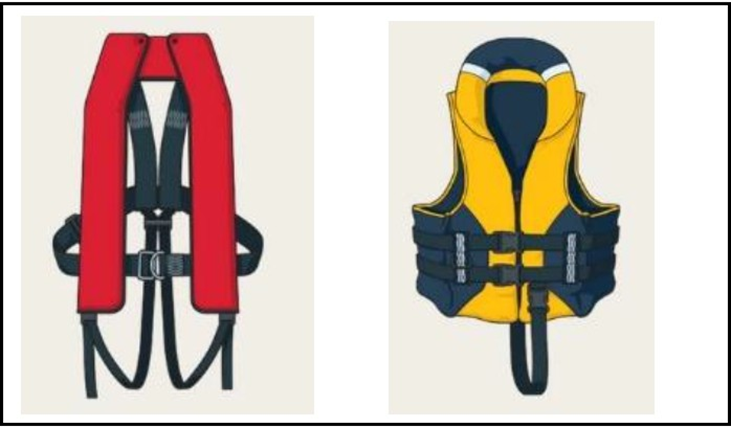On 18 November 2020 the Commission recommended that Maritime New Zealand ensure that future Maritime Rules require appropriate stability, buoyancy, and survivability assessments with respect to a vessel’s area of operation, and that information is made available for all domestic commercial passenger vessels. (013/20)
On 3 December 2020, Maritime New Zealand replied:
We agree with this recommendation.
The issue will be incorporated into a wider reform of Maritime Rules Part 40. This reform project began in 2018 and is the most significant reform of domestic commercial vessel standards in almost 20 years.
The project will explore what information should be made available on vessels, including passenger vessels. More broadly, the recommendation speaks to things such as passenger safety briefings and safety systems, which fall under Maritime Rules Part 19: Maritime Transport Operator – Certifications and Responsibilities. As part of the reform project, possible links and consequential amendments to Part 19 will be explored.
The purpose of Rules Part 19 is to require maritime transport operators to develop, and operate in accordance with, safety systems that are specific and appropriate to their maritime transport operation. Specifically, Part 19 prescribes certification requirements for persons who conduct maritime transport operations and the requirements for continuing such operations.
The 40 Series Reform is a long-term, collaborative project that intends to ensure that the rules for design, construction and equipment for domestic (non-SOLAS) ships are fit for purpose. Because of the scale of the reform being undertaken in this project, Maritime NZ believes the new rules, if accepted by the Minister of Transport, would likely come into effect in 2023.
On 18 November 2020 the Commission recommended that Rakiura Charters Limited ensure that its Maritime Transport Operator Plan assesses all risks associated with its operations and ensure that adequate guidance is available for skippers to make decisions on when it is safe to sail. (014/20)
On 3 December 2020, Rakiura Charters replied:
We (Rakiura Charters Limited) confirm that we have fully implemented the final recommendation 014/20.
1. Ensure that Rakiura Charters Limited’s MTOP assesses all risks associated with its operations:
We conducted an internal review of our MTOP in Oct-Apr 2020 which was followed by a Maritime New Zealand audit in May 2020
2. Ensure that adequate guidance is available for skippers to make decisions on when it is safe to sail:
We have
a) changed our weather forecasting provider to a more local provider providing more accurate data
b) included consideration of a live local weather station in our weather assessment process
c) introduced the option to skippers to utilise another operator’s larger vessel when needed
d) formalised a Plan B procedure to divert to a sheltered area, once the decision to sail has already been made, if there is a sudden extreme weather change, including the option to leave passengers behind if unsafe to continue trip.

